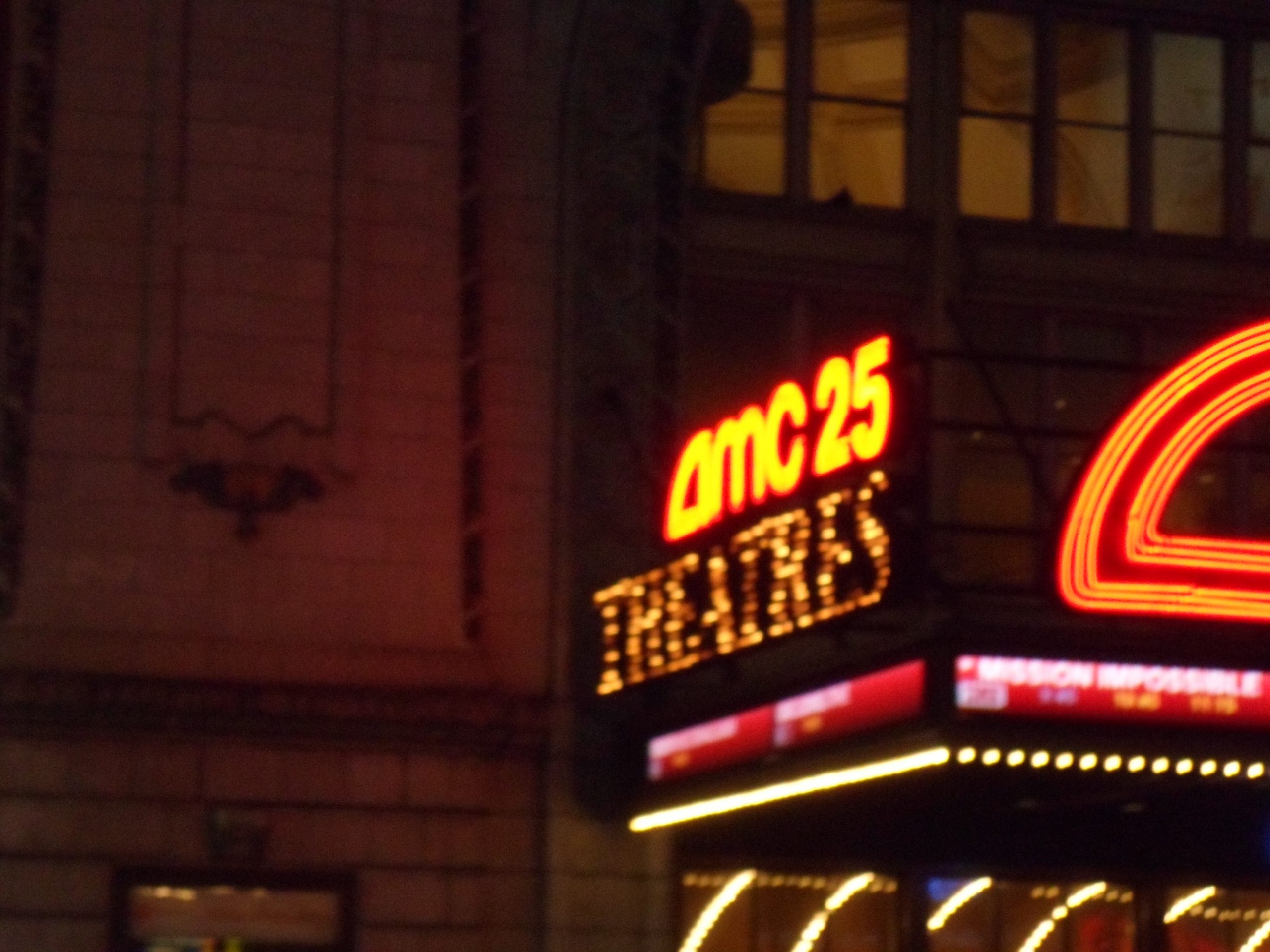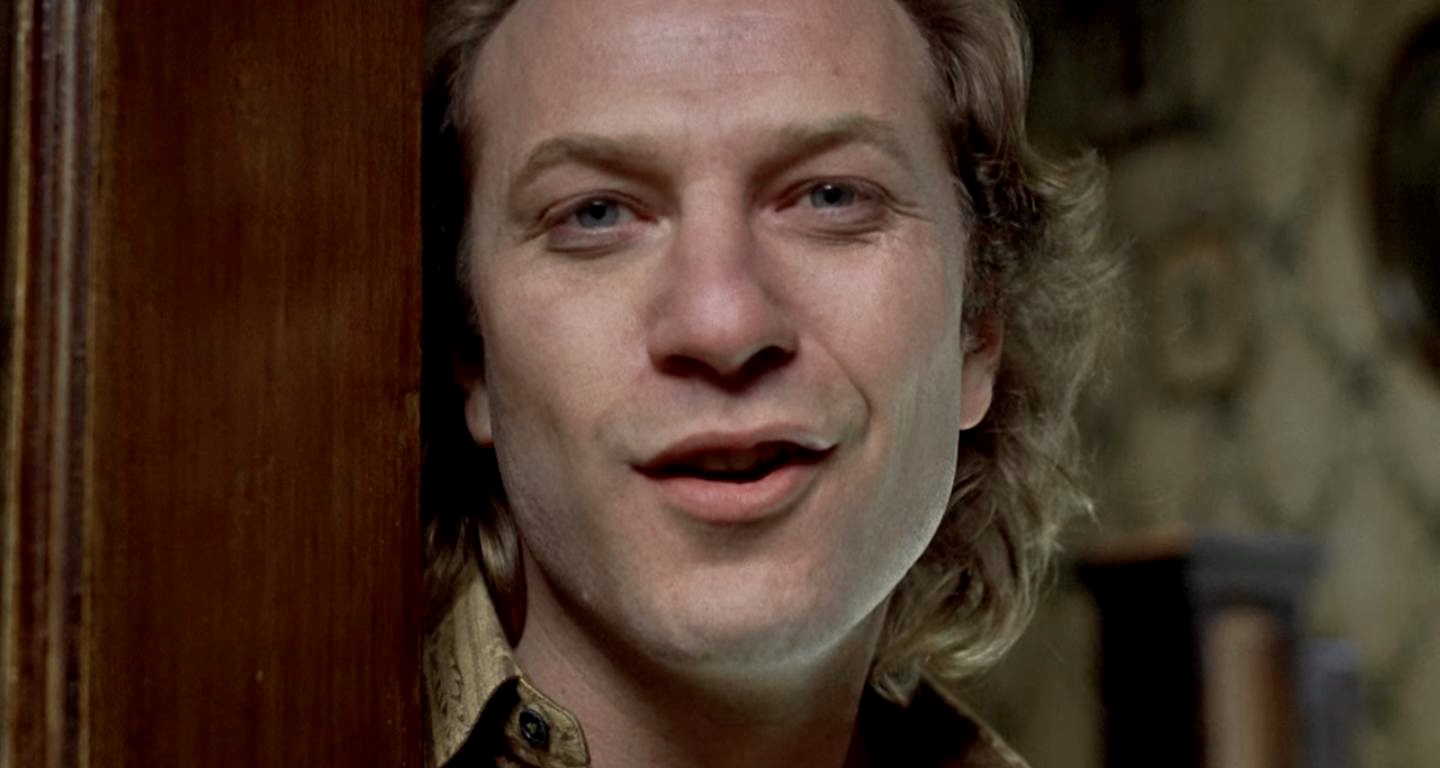
An increasing amount of blockbuster tentpoles are underperforming at the box office during their opening weekend and there’s a reason.
It started earlier this month with the release of The Fall Guy. How could a David Leitch film starring Ryan Gosling and Emily Blunt underperform during their opening weekend?!? It turns out that audiences just didn’t show up. To date, the film has not hit $75 million domestically. Internationally, it is approaching $150 million. Kingdom of the Planet of the Apes is doing well. But unlike this franchise film, another franchise film did not open to the numbers that people expected. Furiosa: A Mad Max Saga brought in $26 million while The Garfield Movie did just over $24 million. Neither film piqued my interest so I didn’t attend the press screenings. The Garfield Movie might work as family-friendly entertainment but Garfield: The Movie opened up to $21.7 million in 2004. Its 2006 sequel did just over $28 million domestically. Maybe the studio wanted a reboot but audiences just weren’t interested,
Whether cinephiles or box office analysts want to accept the reason is up to them. For the past few years coming out of the pandemic, I’ve heard from fans outside of film circles as to why they aren’t going back to movie theaters. Outside of press screenings, I have my own reasoning for why I am not contributing to the box office on the weekends. I’ll get to that here in a moment. But anyway, audiences were trained during the pandemic to watch new films on streaming. It certainly is not helping that studios are releasing films on home video well before the previous 90 day window. Remember the six month window? My how things have changed! If I miss a film in theaters, it’ll be available to watch at home in a matter of weeks. That is, unless Christopher Nolan directed it. Not every filmmaker can be Christopher Nolan.
I’ll be curious to see if audiences turn out for Bad Boys: Ride or Die. Inside Out 2 will almost certainly bring in numbers when it hits theaters on June 14. The next family movie will be Despicable Me 4 on July 3. Those two animated films should do good numbers combined unless audiences decide to wait for Disney+ and Peacock, respectively. Beyond those films, all eyes are on July 26 with the opening of Deadpool and Wolverine. If not for the double strikes, Marvel would have opened May with huge numbers. Instead, the month is ending with a whimper, unlike last year when The Little Mermaid swam into theaters. The worst Memorial Day weekend since Casper won the holiday weekend box office in 1995!
The reality is that movie tickets, like household essentials and other necessities, continue going up in price. If someone has to choose between food and medicine or a movie, they’re not choosing the movie. Because of my own budget, I’ve already had to let my Apple TV+ subscription lapse. I get most of the other services for free because of press perks. Word has it that Disney might not be offering comp services of Hulu in to awards-voting press in the future. When the time comes, I’ll have to drop Hulu, too. Having comped services is a privilege and if I’m being honest, I probably wouldn’t have most if not for comped subscriptions. If I have to choose between food and movies, I’m choosing food every time.

Listen to Sony Motion Pictures Group chairman Tom Rothman. Here’s what Rothman told Deadline about calling on theaters to lower ticket prices:
I think it’s not healthy. I understand why it happened, and that exhibition went through a terrible near-death experience with Covid. I get the instinct to raise prices. But I think overall, if you look for example at how every Tuesday in America, every single Tuesday is the biggest day of the week. Why? Because of the half-price tickets. It’s fundamental consumer economics: just lower the prices and you’ll sell more. You’ll make it up in volume, and concessions. I do think that is relevant for young consumers. They all have their streaming services, which because you pay by the month, it feels like it’s free. And movies, particularly in big urban markets, they’re expensive. So that means it better be super special. I wish exhibition could see its way towards doing more pricing experiments, not taking them up, but taking them down.
If I owned a movie theater, I would certainly listen to what Rothman had to say. Before being added to press lists, I used to go to the first showing of the day because it was cheapest. I also loved that Tuesday became a financially affordable option but those days are out as long as AMC is charging 25% off for matinee prices. Paying $10 for a matinee is ridiculous! As for the other movie studios, theatrical only helps the value of streaming services. Enough of pulling films early! If theaters can do their job in lowering tickets, studios should work with theaters to bring back the 90-day window. It’s a win-win for everyone.
AMC started up A-list on the heels of the MoviePass failure. A single person might be able to spend $20 a month to see up to three films a week. However, families have to spend even more and they’re likely going to spend their money on other things. If parents want a night out, it means paying for babysitting on top of the costs for the movie plus concessions. A family of four or five going to a movie–well, those costs build up when you add food into the equation. The fact that this was a holiday weekend is where things get really interesting. Families usually go to the movies but I’d say that there just wasn’t as much interest in either weekend openers. If you’re not going to listen to me, please listen to Tom Rothman. He gets it!
And the second very significant pricing-sensitive segment is the family audience. It’s too dang expensive to take your whole family to the movies right now, even if the kids get in half price or whatever. I sound like I’m arguing against my own business, but I’m not. I’m lobbying that I think we would endear ourselves much more, particularly to that family audience, if the price is moderated some. Exhibition will argue, fair enough, moviegoing is still great value. It’s still a fraction of the cost of a Broadway show or a football game. But for a lot of people bringing a family of four or six to the movies, that can be an expensive undertaking.
Rothman’s last point is that movies should be shorter. If making a three-hour epic serves the story, that’s fine. But if a film has zero reason to run two and a half hours, it should be shorter. I’ve turned down films over 90 minutes because they didn’t have a screener available that I could watch through an app. It was nothing but laptop to TV via HDMI cable. While I’m at it, more studios could bring back theatrical press screenings.
More often than not, movies and other entertainment offerings are going to be the first to go depending on their costs. Take it from me, I rarely attend improv comedy shows these days and I went more frequently prior to the pandemic. If I miss a press screening, I’m waiting for home video. Outside of film circles, I’ve heard from my own friends about the number of films they see per week, month, or year. I’m an outlier compared to the rest of them. I can watch in a day what several of them watch in a single. At the very least, my weekly average will almost certainly be more than what most of my non-industry friends see.
We live in a post-pandemic world and while some films will do better than others, inflation is not helping and will continue to hurt the business going forward. I love going to the movies but I’m being pragmatic about this. Theaters need to lower ticket costs to bring audiences back in their pre-pandemic numbers.
Please subscribe to Solzy at the Movies on Buttondown.





